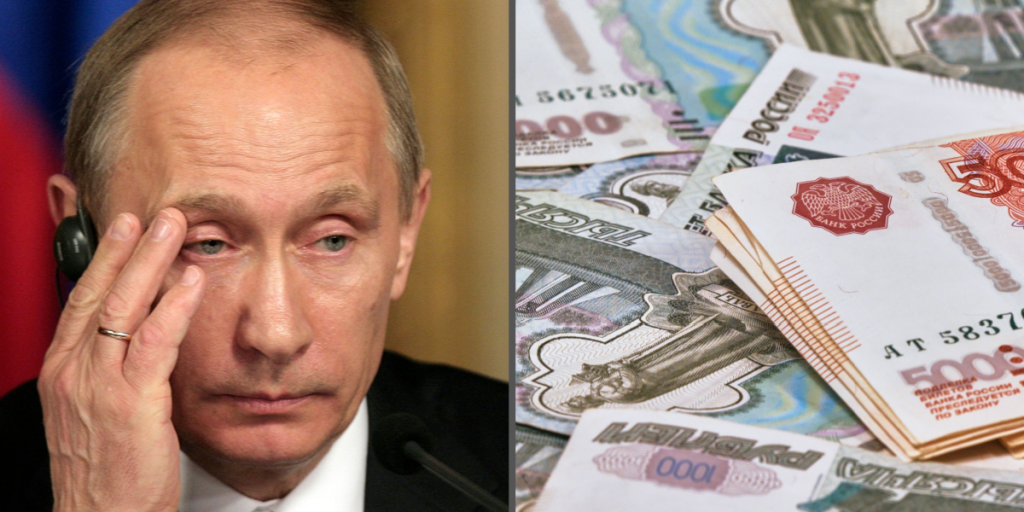China has hiked the price of weapons and military-related goods sold to Russia by more than 80% since 2021.
Others are reading now
While this might seem like geopolitical solidarity from the outside, Beijing’s real play is much more calculated: profit.
By exploiting Russia’s wartime desperation and near-inflexible demand, Chinese exporters have made a fortune, selling the same products at dramatically lower price increases to other countries.
China plays both sides
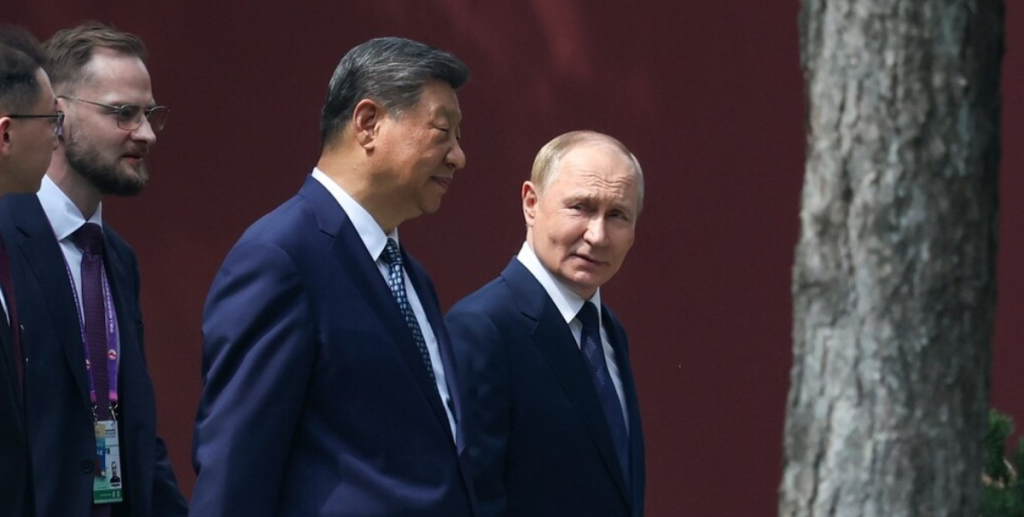
From a Western perspective, China and Russia appear to stand shoulder-to-shoulder against Ukraine and the West.
But Beijing insists it remains neutral. Rather than backing Moscow for ideological reasons, China is pursuing what it knows best: economic self-interest. Cheaper Russian oil? Good for growth.
A captive market for overpriced machinery? Even better. It’s the latest example of the pragmatic streak that defines China’s foreign and economic policy.
Also read
A headache for the Kremlin
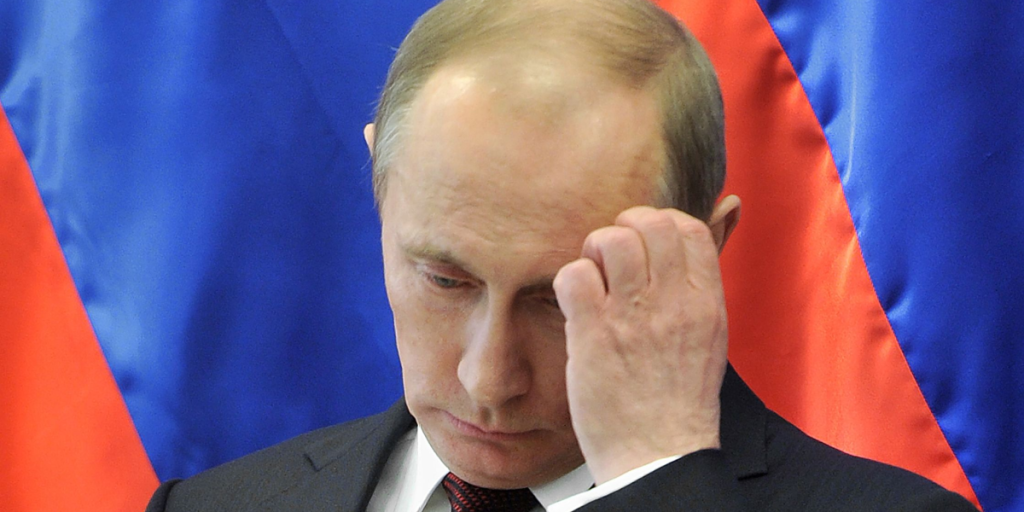
According to a report by the Bank of Finland’s Emerging Economies Research Institute, the price of export-controlled goods from China to Russia surged by an average of 87% between 2021 and 2024.
For other countries, the same goods rose by just 9%.
This disparity highlights how Chinese firms exploited Russia’s limited options, taking full advantage of wartime urgency to boost profits.
Sanctions bite harder
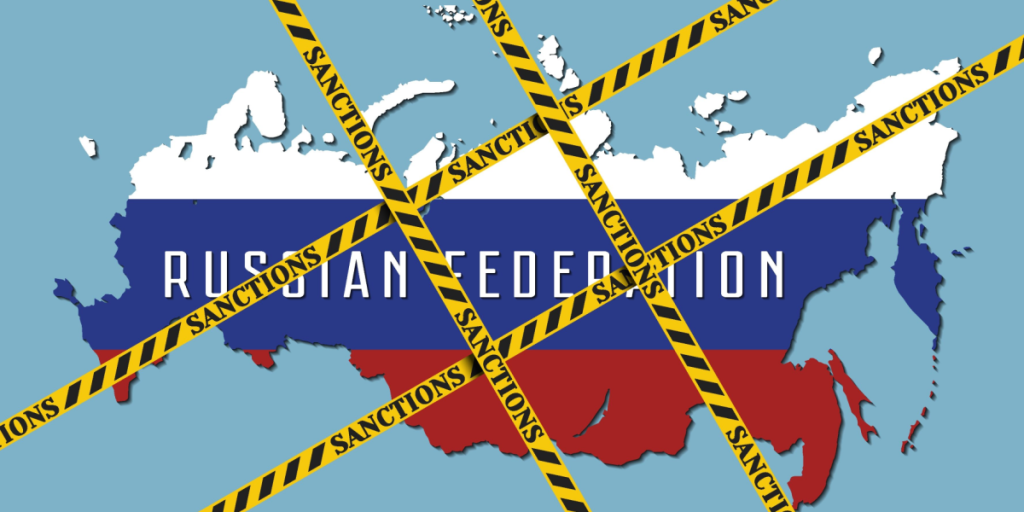
The West hoped sanctions would weaken Russia’s military-industrial base. Ironically, China’s price gouging may be helping that cause.
A senior Western sanctions official told the Financial Times that seeing Moscow “cheated” by Chinese suppliers is a welcome development.
Also read
When prices soar 80%, the Kremlin’s shopping list suddenly shrinks, curbing its ability to sustain rearmament.
The hidden battleground
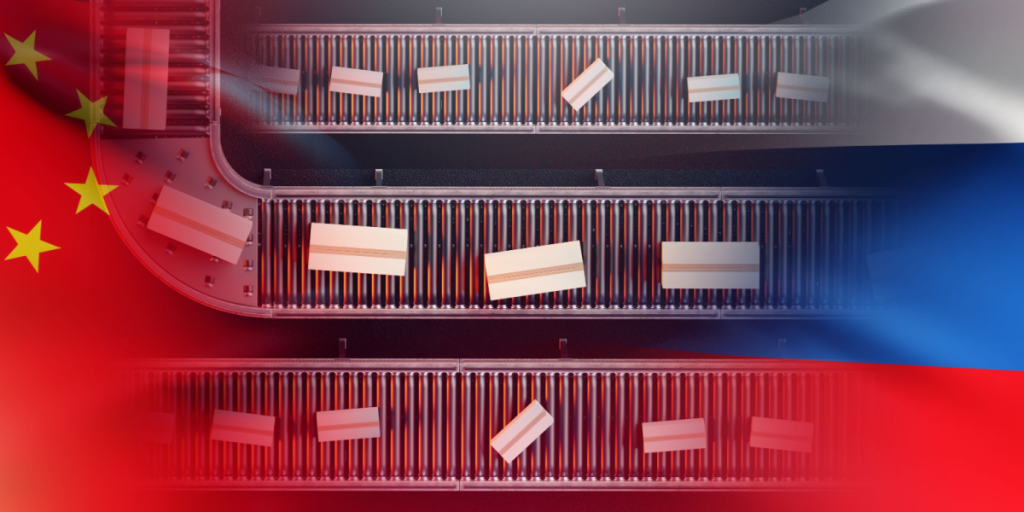
Researchers Iikka Korhonen and Heli Simola zeroed in on the category of “machinery and mechanical appliances”, a broad class of equipment critical to defense manufacturing.
For instance, by 2024, Russia’s imports of Chinese ball bearings rose 76% in dollar terms, but the actual volume dropped 13%.
The price hikes, not increased demand, accounted for the bulk of trade growth.
It’s not just China
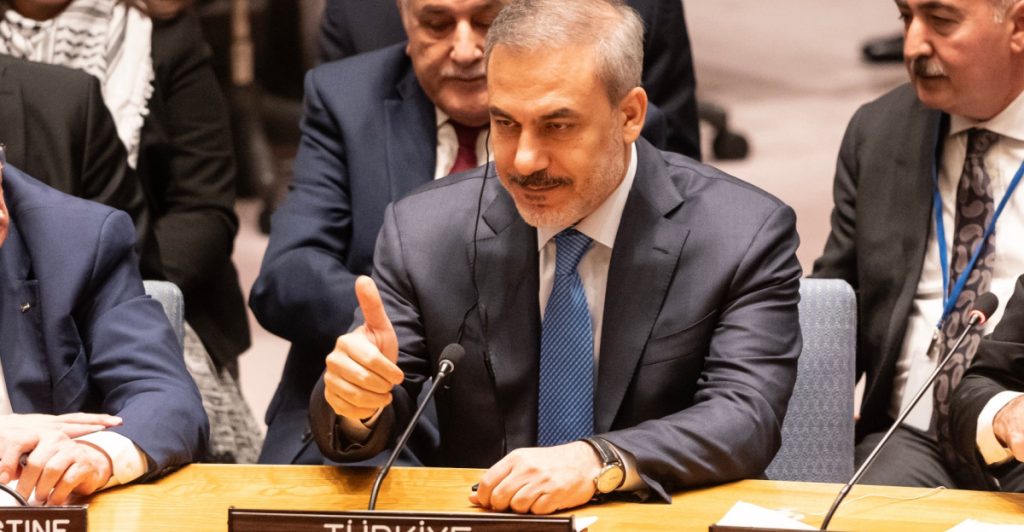
China isn’t alone in charging Russia more.
Also read
The study found that Turkish exporters also jacked up prices for sanctioned goods headed to Russia, by as much as 55%.
Using data from 14 countries, researchers concluded that the cost of these controlled imports rose by an average of 75% between 2021 and 2024, while prices for other goods stayed flat.
China slows Russia’s rearmament
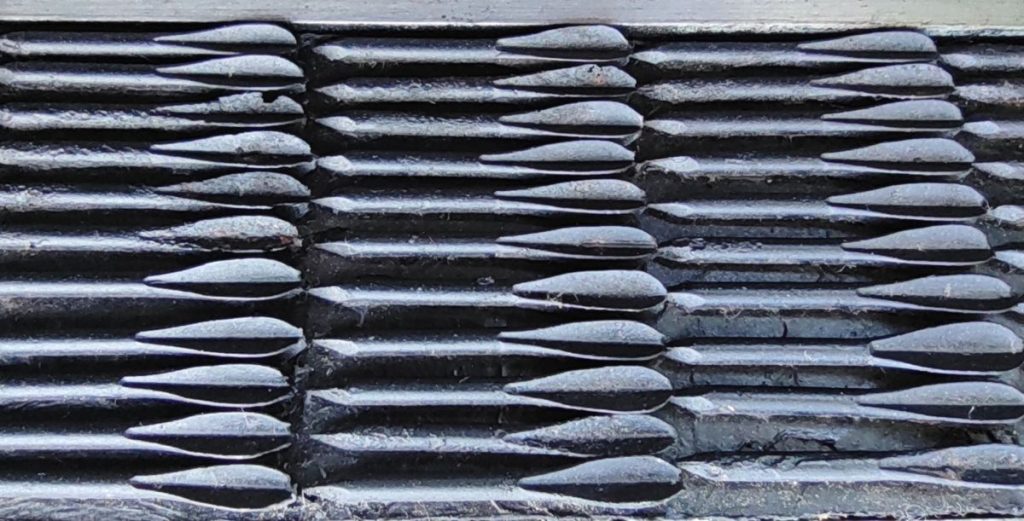
Though Beijing has denied providing lethal aid to Moscow, it may still be undermining Russia’s war effort, unintentionally or otherwise.
By inflating prices on crucial military-related goods, China has indirectly stalled Russian rearmament.
Non-sanctioned buyers haven’t seen nearly the same spikes, showing that Russia is being singled out financially.
Also read
Sanctions pressure means bigger premiums
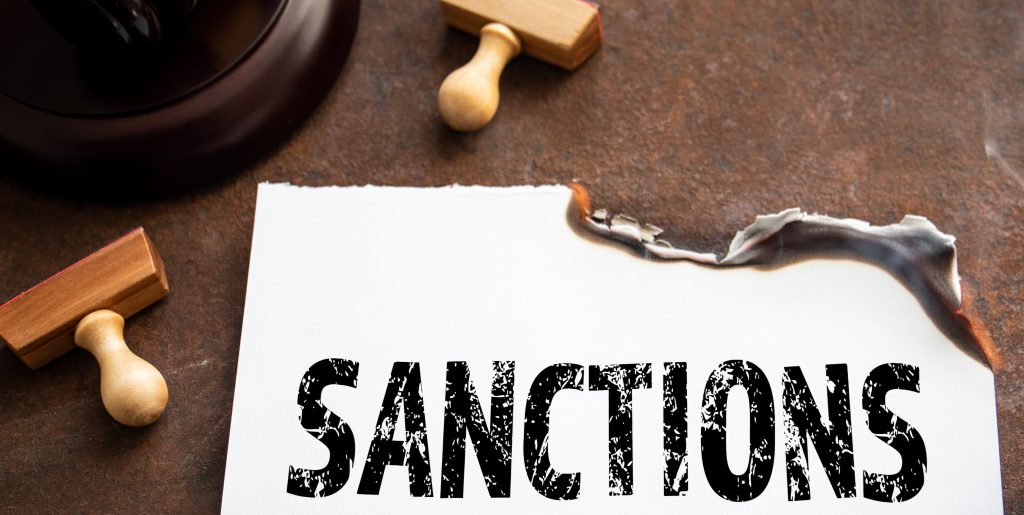
The report suggests that sanctions enforcement is becoming more effective and expensive.
Exporters seem to be demanding higher risk premiums to supply Russia, with costs climbing as the legal and reputational risks grow.
This has created an environment where price inflation itself becomes a form of pressure on the Kremlin.
The prize Russia wants most
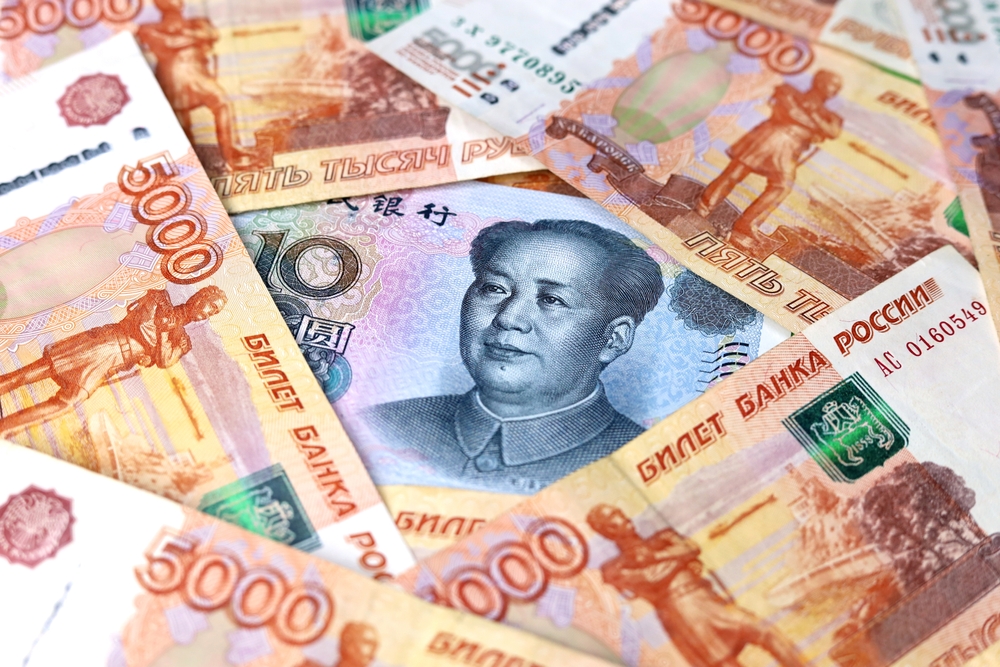
Russia’s leadership sees lifting sanctions as a top priority. In a new US-Russia peace plan presented to Ukraine, both sides reportedly agreed to tackle sanctions removal “in stages and on a case-by-case basis.”
The Kremlin is clearly feeling the economic squeeze, and China’s profit-driven approach isn’t offering much relief.

